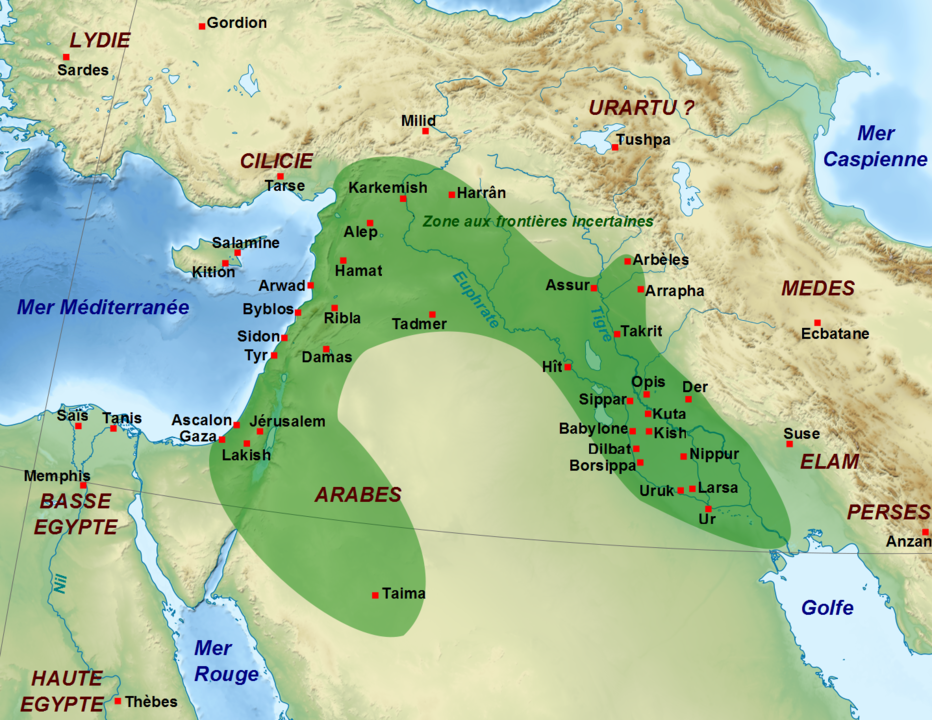Wednesday in the Word
Bible Study Library
In addition to the podcast, Wednesday in the Word offers a growing collection of resources to deepen your understanding of Scripture. Browse by topic or use the search bar to find exactly what you need.
Explore Bible Study Topics: Find the Resources You Need
Looking for in-depth Bible study materials? Browse our organized collections to find teachings, insights, and tools to unlock your Bible study. Whether you’re searching by book, theme, or topic, you’ll find valuable resources to deepen your knowledge of Scripture.
Background & History
Charts, Lists, Outlines
Maps
by Book of the Bible
Scripture Quoting Scripture
Introduction to…
Who is…
What is…
New in the Bible Study Library: Explore the Latest Articles
Distances from Jerusalem
Approximate distances from Jerusalem to key cities and sites in biblical times.
Kings of Babylon in Biblical times
The Babylonian Empire became a world power in 625 BC after the fall of Assyria. Babylon continued its reign until 536 BC. Nebuchadnezzar, its greatest king, reigned in the days of Daniel and took the southern Kingdom of Judah into captivity after the fall of Jerusalem in 586 BC. Babylon was finally captured by the Medes and Persians under Cyrus as predicted by the prophet Daniel, and the Babylonian Empire came to an end in 536 BC.
14 How to Understand the Sermon on the Mount Without Getting Lost (Matthew 5-7)
The Sermon on the Mount is one of the most important passages in Scripture, as it is a profound and unique body of teaching from the Messiah himself. Yet throughout church history, believers have found it difficult to agree on what this sermon means and how it is to be applied to our lives. In this introduction, I’ll contrast the different approaches to the Sermon on the Mount and explain which approach I take.
Jewish Day (1st Century) explained
What does the first watch mean? What is the “third hour”? The Jewish day ran from sunset to sunset and was divided in 8 equal parts called watches and hours. Here’s what they mean.
Kings of Assyria in Biblical times
The Assyrian Empire is important to biblical history for devastation the kingdom of Israel and taking the 10 northern tribes into captivity in 722 BC.
The Righteous versus the Wicked in the Psalms
Contrasting the way of the wicked and the righteous is a very common theme in the Old Testament. Here are a few Psalms where we find this theme.
Geography of the New Testament
Geography of the New Testament: Learn the important cities, regions, provinces, and lakes of New Testament Israel from Wednesday in the Word.
Miracles of Elijah & Elisha
A comparison of the miracles of Elijah and Elisha recorded in 1&2 Kings.
What does YAHWEH mean?
When God reveals Himself to Moses at the burning bush), He identifies Himself as “Yahweh” or “Jehovah”, which is often translated “I am who I Am.” What does that name mean?
What is the Septuagint?
The Septuagint (often abbreviated LXX) is a translation of the Hebrew Bible into Greek in the 3rd century BC. The LXX was made for the Jewish community when Greek was the common language of the day, and for many Jews was their primary language.
Who were the Samaritans?
“Samaritans” can refer to either: natives of the region of Samaria or members of a Jewish sect. The Samaritans date their history to Joshua building an altar at Shechem (Joshua 24). They saw themselves as the true Jewish religion.
New Testament Priesthood
These are the principal religious and political offices in Judaism at the time of Jesus.
Top Banner Photo by Jon Tyson on Unsplash.












